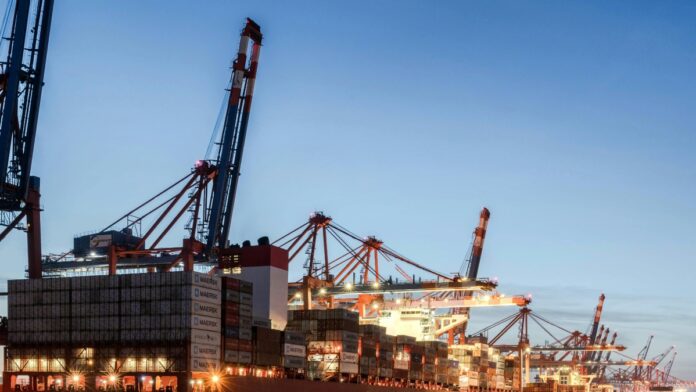US President Donald Trump’s decision to double tariffs on steel and aluminium imports is set to impact India’s metal exports worth $4.56 billion, according to a report by the Global Trade Research Initiative (GTRI).
The revised tariffs, which will take effect on June 4, 2025, are expected to make Indian metal products significantly more expensive in the US market, denting their competitiveness and hurting Indian exporters.
ALSO READTrump tariff block: What does it mean for India? GTRI urges rethink before finalising FTA with US
“For India, the consequences are direct,” the GTRI noted. In FY2025, India exported $4.56 billion worth of iron, steel, and aluminium products to the US This included $587.5 million in iron and steel, $3.1 billion in articles made of iron or steel, and $860 million in aluminium and related products. The US has traditionally been a key market for these exports.
On May 30, Trump announced that tariffs on steel and aluminium imports would be raised from the current 25% to 50%, citing national security concerns under Section 232 of the US Trade Expansion Act of 1962—a law that allows the president to impose trade barriers if imports are deemed a threat to national security.
Trump first invoked this law in 2018 to introduce a 25% tariff on steel and a 10% tariff on aluminium. Earlier in February 2025, aluminium tariffs were already increased to 25%. Now, with tariffs doubling across the board, the GTRI warns that the cost of steel in the US could rise above $1,180 per tonne, affecting key sectors such as automobiles, construction, and manufacturing.
In response, India has notified the World Trade Organisation (WTO) and is expected to explore additional countermeasures.
ALSO READGold shining bright: ICRA predicts 12-14% jump in jewellery sales in FY26
The GTRI also criticised the tariff decision from an environmental standpoint. Steel and aluminium are among the most carbon-intensive materials to produce. While several major economies are pushing investments in green production technologies, the US tariffs do not include any climate-related conditions.
According to the report, this signals a shift toward economic nationalism at the cost of environmental responsibility, casting doubt on America’s commitment to global climate goals and the development of sustainable industrial practices.
(With inputs from ANI)
» Read More


